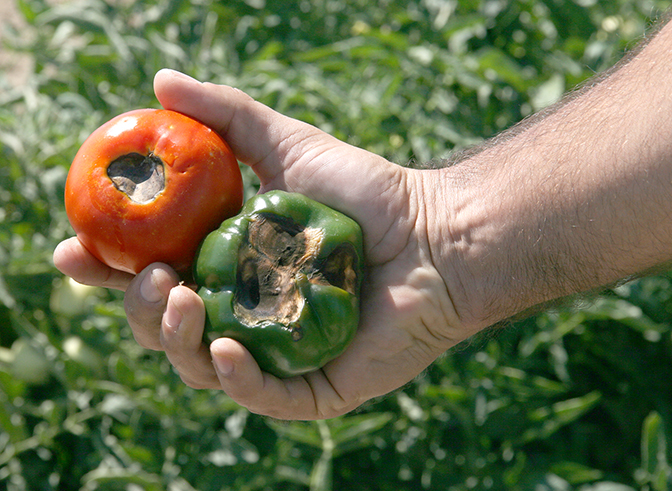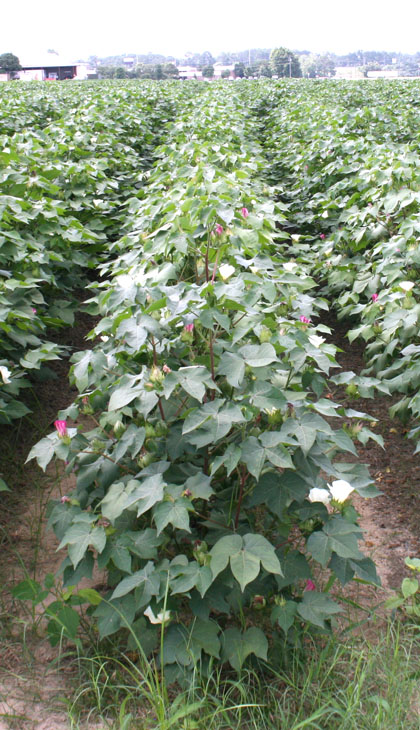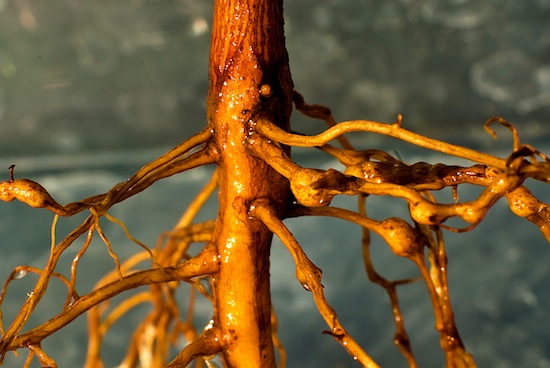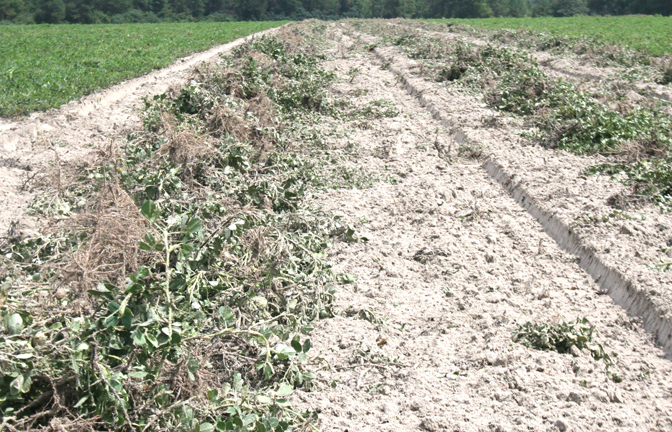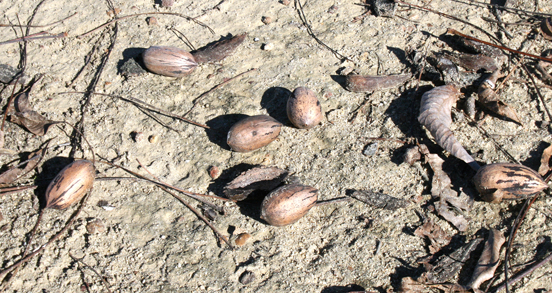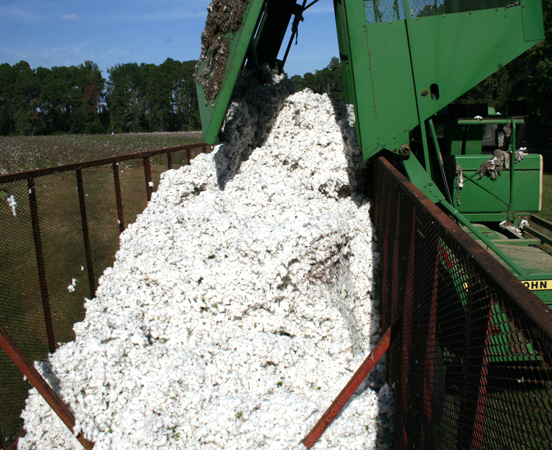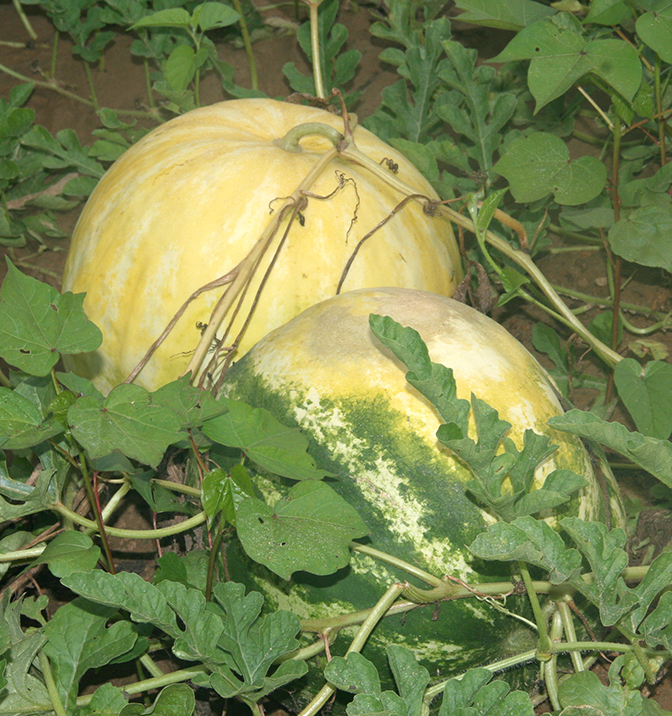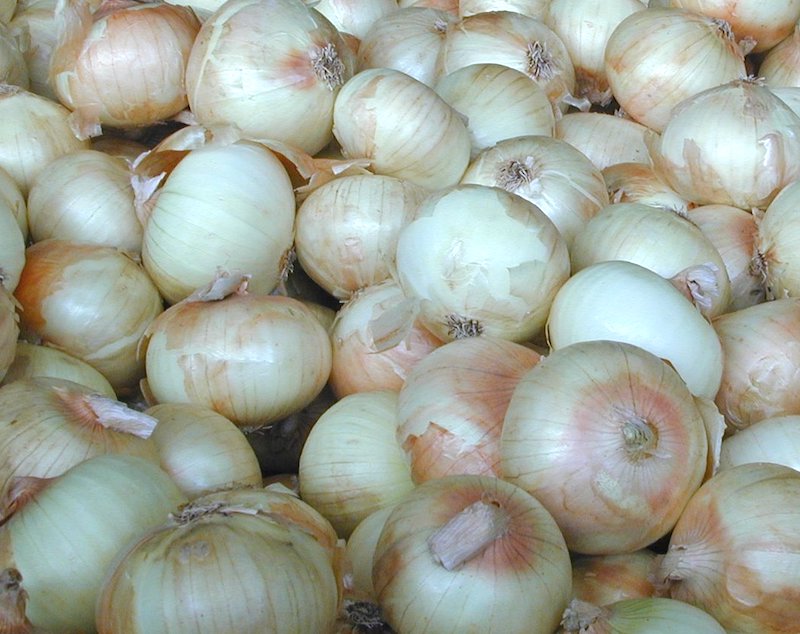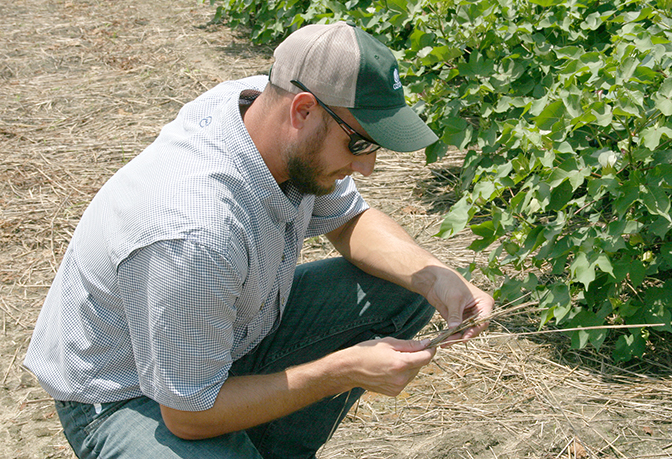 CAES News
CAES News
Cotton Cover Crop
Georgia cotton farmers can benefit from using rye as a cover crop, according to scientists on the University of Georgia Tifton Campus. Along with providing an added defense against glyphosate-resistant Palmer amaranth at planting, rye significantly reduces thrips infestations and could save farmers irrigation expenses.

